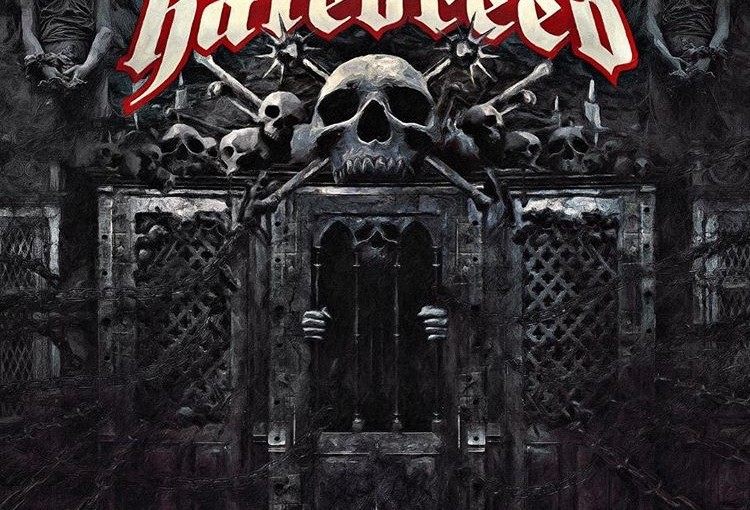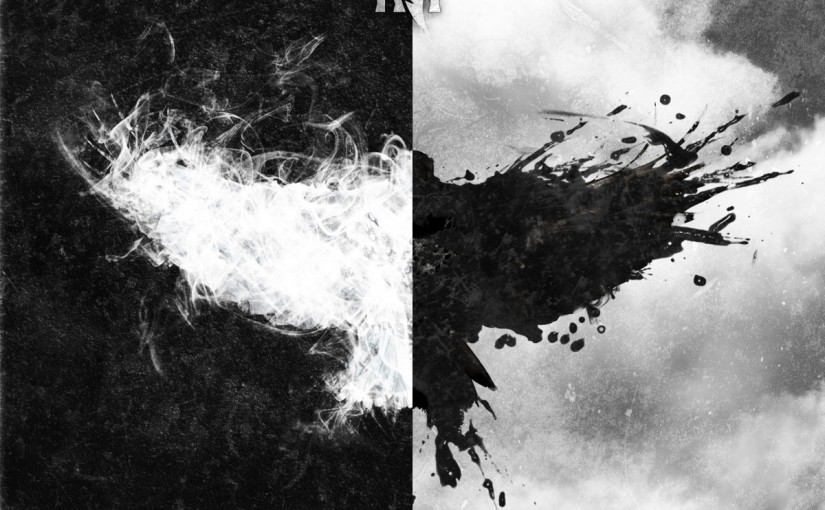Opeth have been a band that have consistently delivered the goods, from their expansive career beginning as almost a black metal band with releases like Orchid and Morningrise and slowly moving into darker territory with the conceptual Still Life and My Arms, Your Hearse to form their signature sepia tinged sound on the iconic Blackwater Park. If you’re not familiar with the (g)rumblings in the Opeth camp post Watershed then let us fill you in.
In a rather ballsy move Akerfeldt and co decided that they had essentially had enough of playing the same style of songs. Although timeless, playing a certain style year after year I would imagine can become grating and can even be detrimental to a bands career, enter Heritage. An album that simultaneously divided and united Opeth‘s fanbase like nothing they had ever done before an album that was a snapshot of their influences of the seventies that helped carve that inimitable sound, that at the same time was nothing like that band we had come to know and yet exactly what you would expect from them.
After the dust had settled and metal heads were still grumpy Akerfeldt announced that Pale Communion would be the next incarnation of Opeth. If you were expecting a return to the death metal growling then unfortunately you will be sorely disappointed. With Steven Wilson at the producer’s helm it must be said that there is a fair amount of influence from the Porcupine Tree mastermind. Opening with “Eternal Rains Will Come” were immediately shown that Opeth are only doing things on their terms. Essentially if you like then great, if not then, your loss. With songs like the prodigious “Moon Above, Sun Below” moving through all sorts of motions to the upbeat style of “River” which is as blues as it gets in the trade off solo reminiscent of Thin Lizzy and Deep Purple. Whilst Akerfeldt‘s vocals have also seen a transformation instead of the traditional crooning that we saw on Heritage, he really challenges his voice at times on the record, there are some elements that sit perfectly but others where it seems a little forced.
In terms of instrumentation the masterful strokes never leave but instead are brought into a different territory, from the instrumental groove of “Goblin” to the single “Cusp Of Eternity” which has some of the most tastefully executed guitar work in recent years. Probably the most straight forward song on the album and also the bands first single, might have made people’s reaction to the real sound of the record slightly less positive but nonetheless fits perfectly within the album.
Pale Communion is a fantastic album, but, as with every Opeth album it takes some getting used to. Although its nowhere near as confusing as Heritage, with songs that are more straightforward the record is still very much an album you have to sit down and appreciate all the subtle bass lines, mellotron keys etc… Although Opeth have gone in full prog rock its an album that has a lot of character and essentially could be listened to as a one track record with the slow build of “Voice Of Treason” to the final melancholic crescendo of “Faith In Others“. Many people believe that there are influences of some of the great prog rock gods Genesis, King Crimson etc… This couldn’t be further from the truth, this is Opeth. Bare bones, back to basics simultaneously being a completely different band but Pale Communion sounds like the next logical step in this bands already experimental catalogue.


